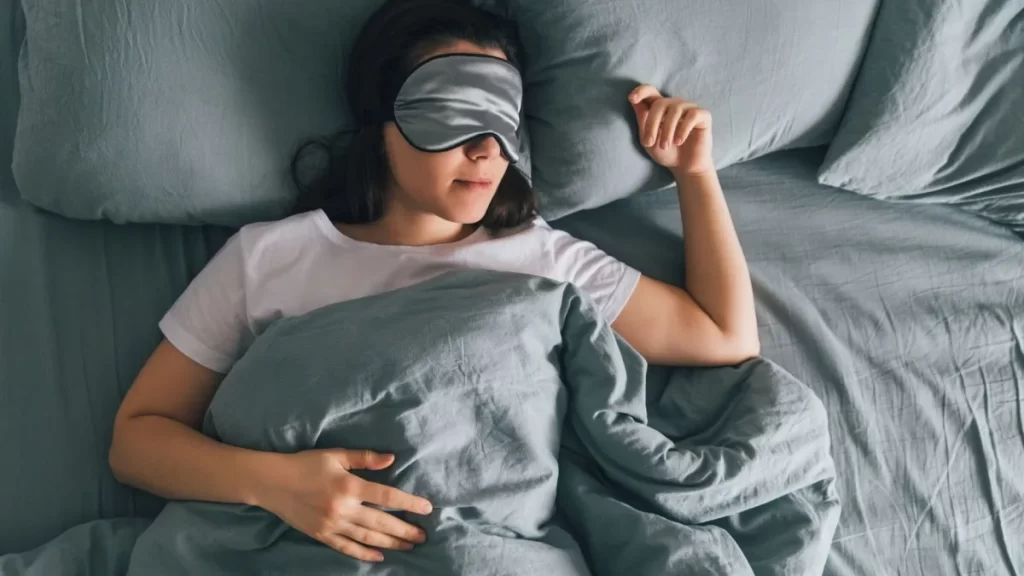
Everyone has issues getting sleep at some point due to the demands of waking life. Late nights of personal time, early wake-ups, and long work hours already put a damper on your sleep health. But sometimes the issue is smaller than you think — it’s just difficult to see because you’re asleep for it. Here are some possible reasons you’re having trouble getting a good night’s sleep and how you can circumvent them.
1. Get Checked for Sleep Apnea
Sleep disorders are common worldwide but are difficult to diagnose because of how much people’s unique situations can vary. You could, for instance, believe you have one when you’re just accidentally ingesting too much caffeine or vice versa. And naturally, if symptoms only appear during sleep, you may not notice unless someone else does or you undergo testing. If you can’t figure out what’s interrupting your slumber, consider getting observed or tested.
Sleep apnea is a disorder that affects your automatic breathing during sleep. As a result, you’ll never get the rest you’re looking for unless you get the best CPAP mask you can. Try having a friend or partner observe your sleeping patterns and, if they seem off, go to your doctor. Once it’s diagnosed, you can take concrete steps to remedy the condition and deepen your sleep.
2. Treat Yourself to a High-Quality Pillow
It’s easy to overlook the importance of a good pillow to your sleep as well as your spine and posture. Any big box store will sell fluffy pillows for low prices, so isn’t that all you need? Not quite — the best pillow for you depends on several factors, like sleep positions, the length of your neck, etc. It may seem absurd to spend over $10 on a pillow, but spinal support is paramount to your overall health and well worth the investment.
The kind of pillow you need will differ if you, say, have a heavier head or sleep on your side. Materials like memory foam, buckwheat, and feathers all have different strengths and weaknesses for you to try and adjust to. It will take some time and experimentation to find the perfect one and may cost more than you think. But ultimately, the effect of high-quality sleep will be more than worth it and will ripple throughout your waking life.
3. Invest in a Good Mattress
A good mattress and bad pillow is not the worst setup, but a good pillow can’t fix a bad mattress. You won’t ever sleep well if the surface you sleep on isn’t conducive to a good night’s rest. It’s true that mattresses are expensive and, frankly, getting a new one is a tough process to go through. But remember just how fundamental sleep is: you lay in that bed for one third of your life!
That’s why researching to find the best fit is so important. If you’re concerned about finances, don’t worry because it’s easy and free to start looking. Just find a local mattress or home furnishings store and test out different materials, fabrics, and firmness levels to figure out what feels best. Then you can narrow down your preferences, set a realistic price range, and keep watch for deals and discounts.
4. Reduce Your Lighting
Even if you don’t consciously notice it, light can have a pronounced effect on how well you rest. Humans evolved a response to light as an indicator of daytime — upon exposure, our brain associates it with waking states. This can cause a disruption to your circadian rhythm whether it detects lamplight or a small LED on your computer. You can improve the quality of your sleep by blocking out as much light as you can from the room.
Blackout curtains are a popular solution to this issue in urban environments with lots of light at night. For small indoor lights, such as those on electronics that can’t be turned off, you can try light-blocking stickers or tape to go over them. Ultimately, an eye mask is your best bet if you don’t have too much control over your environment. Just slip it on before bed and take note of how rested you feel in the morning.
5. Adjust Environmental Sound
Sound — particularly if it’s unpredictable — can also prevent you from sleeping well by keeping your body too alert to rest. Unlike light, however, it can also be beneficial if used to create a more consistent aural environment. Loud and sudden sounds will put your body into a vigilant state but aren’t always under our control. In this case, instead of lowering those startling frequencies, you’ll have to raise all of the others to meet them.
You can do this with sound machines that produce frequency mixes (i.e. white/pink/brown noise) for this effect. This increases the sound’s predictability and helps your body adjust to the volume easier. Sound machines are available all over the internet but can also be emulated right on your phone’s speakers. If volume is the real issue for you regardless of predictability, earplugs are a viable alternative.
One bad night of sleep can throw your entire rhythm off for days. It can be so powerful that, over time, you may not even remember what good sleep feels like. But all hope is not lost in the battle for the ever-elusive restful night. If your bed is comfortable and your senses are at peace, then be prepared to sleep like a baby.








